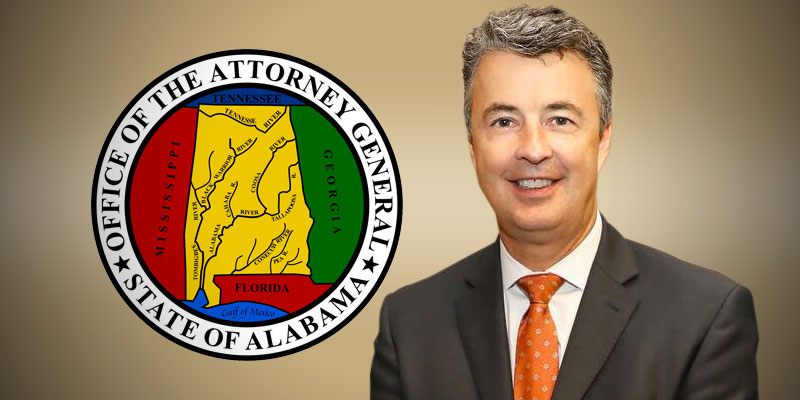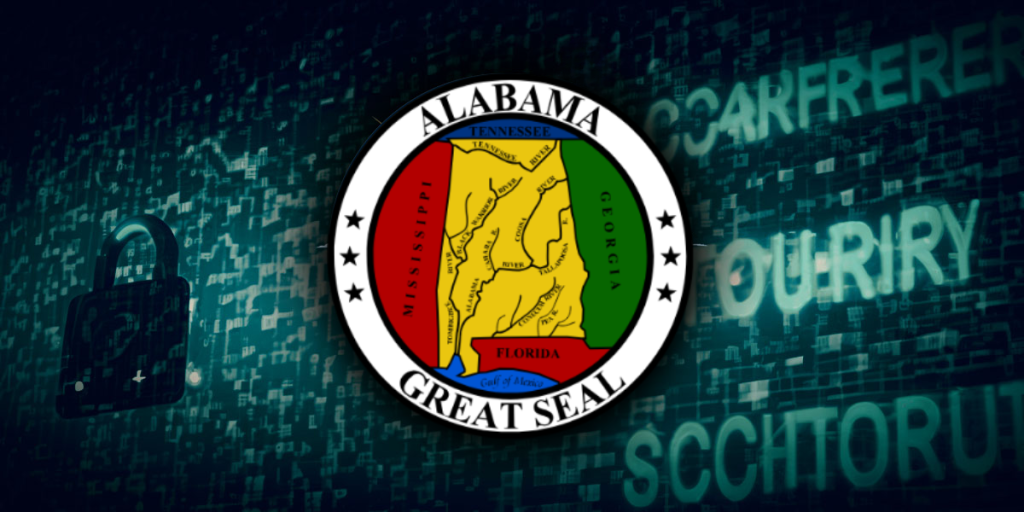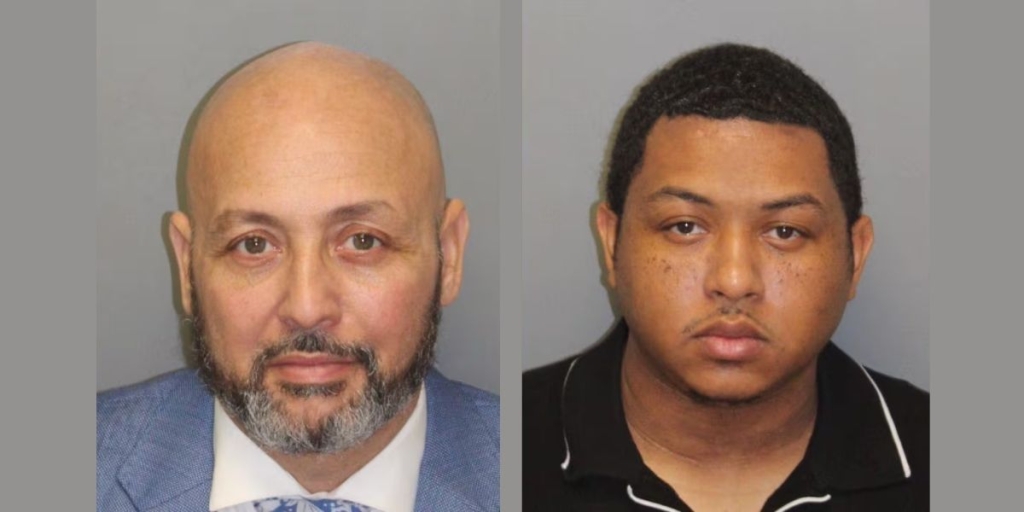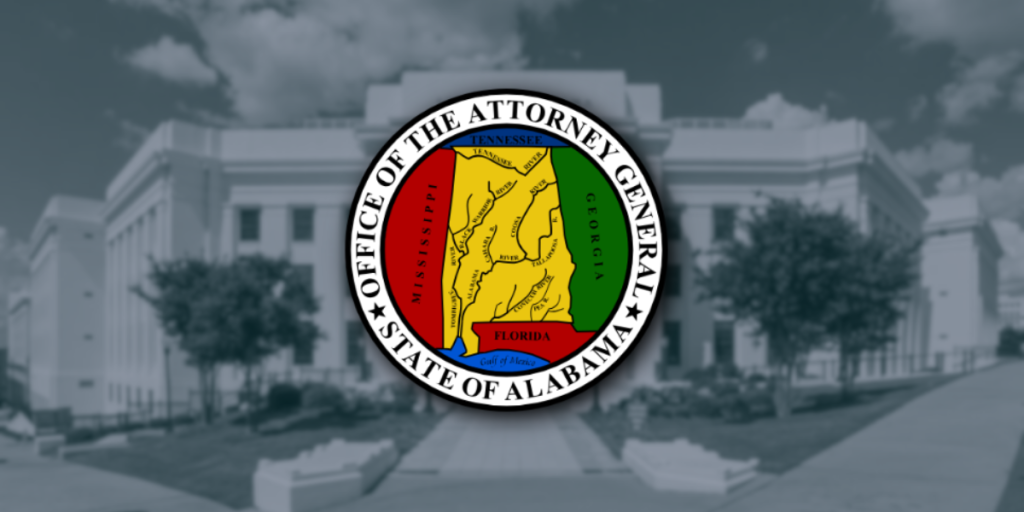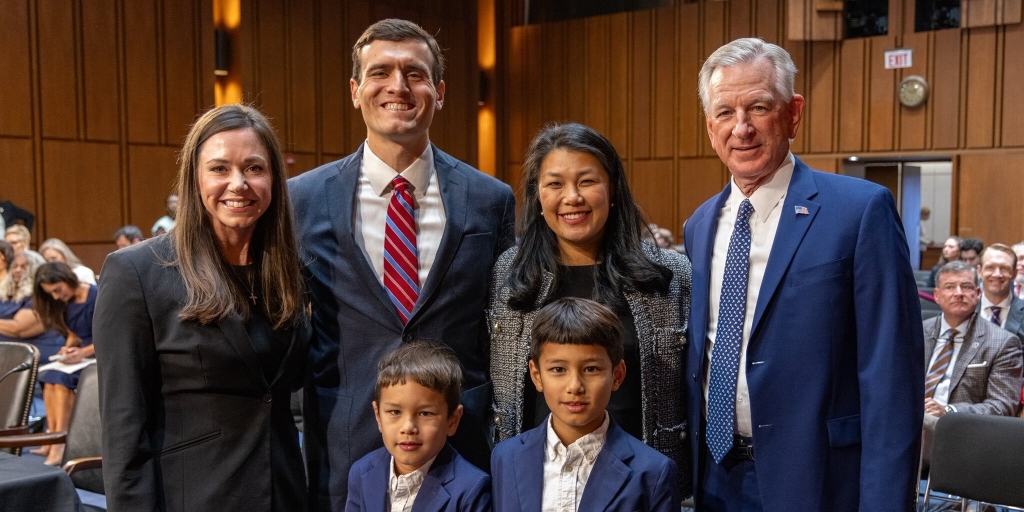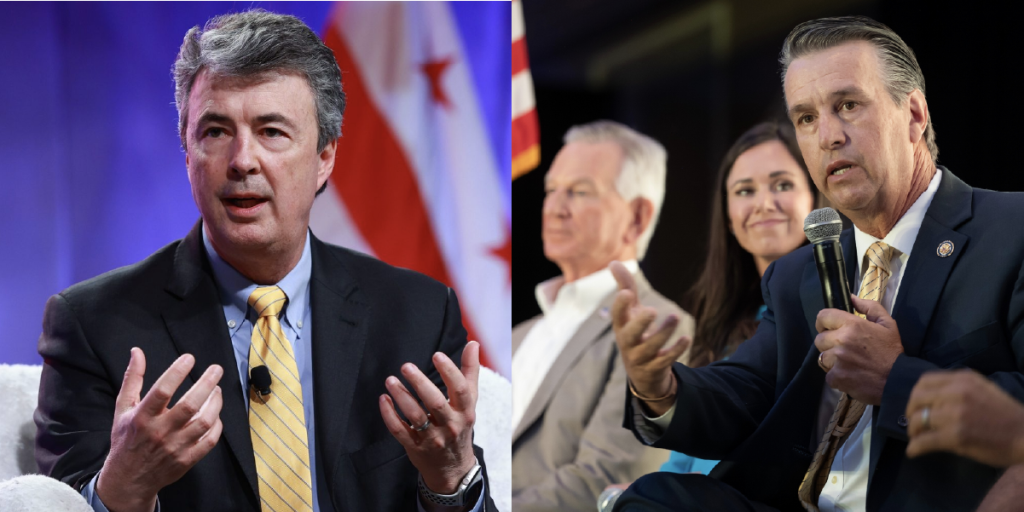Following the December 29 shooting at West Freeway Church of Christ in Texas, Alabama Attorney General Steve Marshall on Thursday released guidance on the Yellowhammer State’s stand-your-ground law and church security.
On the Sunday after Christmas, Keith Thomas Kinnunen stormed into the Texas church with a handheld pump action shotgun and killed two members of the congregation, including a member of the church’s volunteer security team.
However, another volunteer member of the church security team heroically killed the gunman with a single headshot just six seconds after he initially opened fire.
Jack Wilson, a firearms instructor and a former reserve deputy sheriff, said, “I don’t feel like I’m a hero. I feel like I did what I needed to do to stop an evil threat.”
Richard White, the member of the security team who was also carrying a concealed firearm, and Anton “Tony” Wallace were killed by Kinnunen.
Members of the volunteer church security team were allowed to possess and use the concealed firearms due to a law enacted in Texas in 2017 following the shooting at a church in Sutherland Springs, TX, that left 26 people dead. That law was also updated earlier this year.
In Alabama, State Rep. Lynn Greer (R-Rogersville) has filed a bill the past two years that would explicitly provide legal justification for a person to conceal carry and use deadly force in self-defense or in the defense of another person on church premises under certain circumstances. After the recent Texas shooting, Greer told media outlets he would reintroduce the bill in the upcoming 2020 session to ensure Alabamians can protect their congregations like White and Wilson did in Texas.
However, the guidance issued Thursday by Marshall implied that the bill would be at least somewhat redundant, as Alabama’s current stand-your-ground law already applies to churches.
The Alabama Attorney General’s Office guidance as follows:
First, as a practical matter, Attorney General Marshall urges every place of worship in Alabama to adopt and implement a church safety plan. In 2018, the Attorney General traveled around the state with expert Robert Thetford to discuss the importance of church security. Any church seeking guidance on church security may call the Attorney General’s Office for more information.
Second, as a matter of law, Alabama, like Texas, does not impose a duty to retreat from an attacker in any place in which one is lawfully present. Section 13A-3-23(a) of the Alabama Code states:
A person is justified in using physical force upon another person in order to defend himself or herself or a third person from what he or she reasonably believes to be the use or imminent use of unlawful physical force by that person, and he or she may use a degree of force which he or she reasonably believes is necessary for the purpose. A person may use deadly physical force…if the person reasonably believes that another person is…using or about to use unlawful deadly physical force.
Alabama’s law, like Texas’s, goes further to say that an individual has a right to “stand his or her ground” so long as he or she is justified in using deadly physical force, is not engaged in an illegal activity, and is in a place where he or she has a right to be located. Ala. Code §13-A-23(b).
Questions have been raised about whether Alabama needs to enact new laws to adequately provide immunity for members of a church security team. The recently-enacted Texas law that has been cited in media stories as of late is not related to “stand your ground” or a duty to retreat; rather, the law provides that a license holder may carry a handgun on church property, unless a church provides effective notice prohibiting the handgun on its property. Texas Senate Bill 535 was enacted on June 7, 2019 and amended a state law that prohibited a handgun license holder from carrying a handgun “on the premises of a church, synagogue, or other established place of religious worship…” Texas Penal Code §46.035(b)(6).
As explained in Texas Attorney General Opinion No. KP-0176, “The Texas Legislature provided churches the same option as most other private entities to decide whether to allow the carrying of handguns on the premises of church- owned property. If a church decides to exclude the concealed or open carrying of handguns on the premises of church property, it may provide the requisite notice, thereby making it an offense for a license holder to carry a handgun on those premises. However, churches may instead decide not to provide notice and to allow the carrying of handguns on their premises.” In effect, the amended Texas law clarifies that churches are to be treated the same as other private property when determining whether a license holder may carry on premises.
Comparable provisions of the Alabama Code are found at §§13A-11-52 and 13A-11-61.2. This Office has previously advised that a citizen carrying a pistol onto private property without a valid pistol permit or the consent of the owner would be in violation of §13A-11-52. The owners of private property may also choose to forbid firearms on their property, even if the person with the firearm has a permit. Opinion to Honorable Claud E. McCoy, Jr. Attorney, Chambers County Commission, dated July 7, 2014, A.G. No. 2014-074. Unlike the Texas law (before it was amended), §13A-11-61.2 of the Alabama Code does not specifically list churches and other places of worship as premises where “express permission” to carry a firearm must be given. In other words, Alabama law already treats churches the same as other private property—meeting the same objective as the recently-amended Texas law. Moreover, an established church security team would inherently have the consent of the church to carry a firearm on the premises.
In a statement, Marshall remarked, “The shooting at West Freeway Church of Christ in Texas was a sobering depiction of good vs. evil in our society today. Tragically, that congregation lost two of its members; yet mercifully, Jack Wilson spared the lives of many more. Texas law was recently updated to ensure that individuals like Mr. Wilson do not have to fear the threat of prosecution for carrying a firearm in a church that allows it. Fortunately, Alabama can proudly say that it already offers this same protection. We urge every church in our state to adopt a church security plan that will better ensure the safety of their members during worship.”
Sean Ross is the editor of Yellowhammer News. You can follow him on Twitter @sean_yhn




